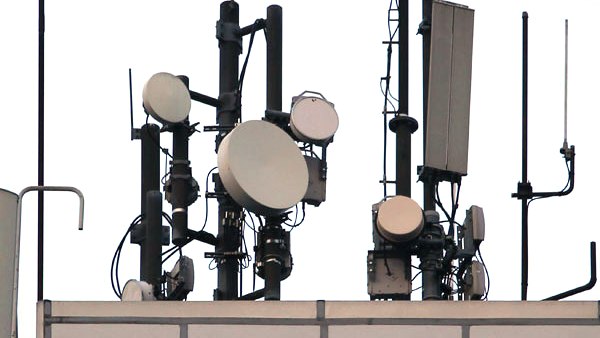The Association of Licensed Telecommunications Operators of Nigeria (ALTON) says 21 telecommunications operators have gone into extinction in the country in the last 10 years.
ALTON Chairman, Mr Gbenga Adebayo made this known during the ”Broadband Summit 2017”, organized by BusinessDay Media Ltd., on Friday in Lagos.
Adebayo said that the operators businesses went under due to the economic and operational challenges inherent in the industry.
He said that as at 2006, ALTON had 35 members, but between 2007 to date, its members had reduced to 14.
According to him, if care is not taken, more service providers might still close shop before the end of year.
The ALTON Chairman said that the operators which had exited the Nigerian telecommunications space include Multilinks, Starcomms and O’Net.
“The economic challenges include poor power generation, multiple taxation, exorbitant Right of Way levies, insecurity and over-regulation among others.
“The operational issues are anti-competition and lack of fund to roll out,” he said.
Adebayo said that the cost of getting the Right of Way was over 60 per cent of the total amount to putting up the infrastructure.
He said that within the last five months, the surviving operators lost over 20,000 batteries to theft and vandals at their base stations.
The ALTON Chairman said that some of the batteries, according to investigations carried out, were sold to some inverter operators in the country.
Adebayo called on government at all levels to protect the sector because of its immense contribution to the growth of the economy.
“Until we are able to classify the telecommunications infrastructure as Critical National Infrastructure, the problems will persist.
“There should be sanction of long term prison service for vandals of telecommunications infrastructure. If there is severe sanction, it will serve as deterrent,” he said.
